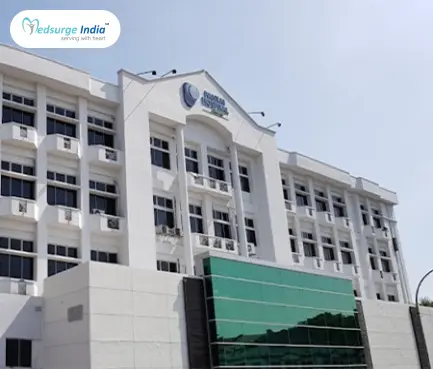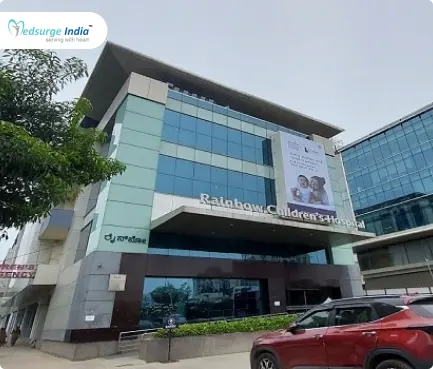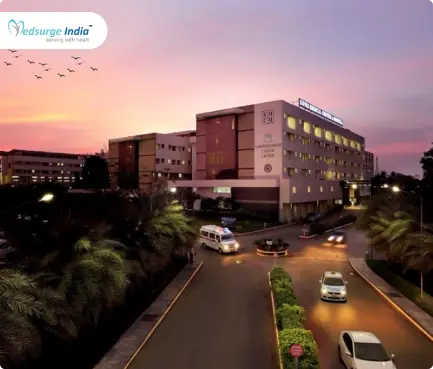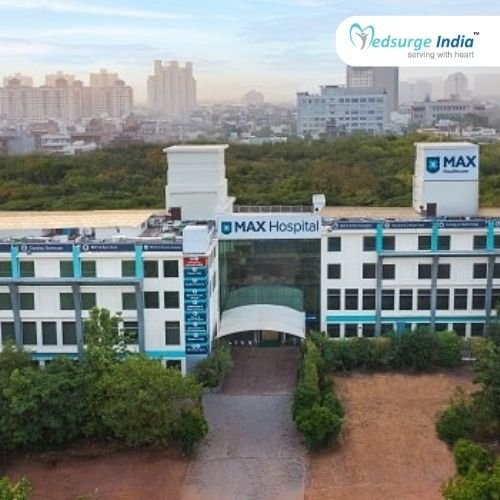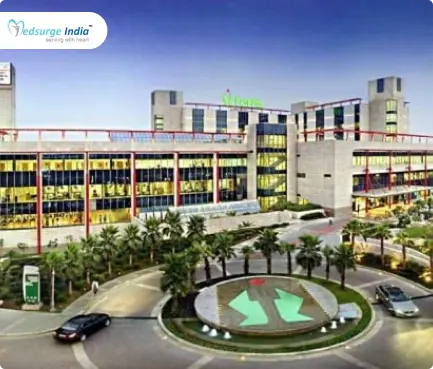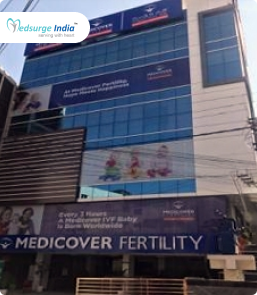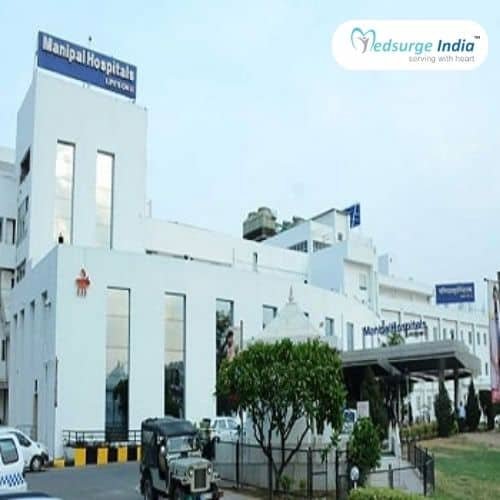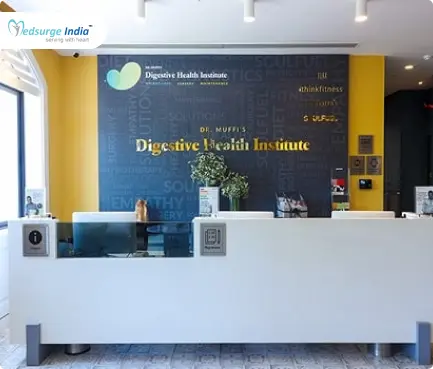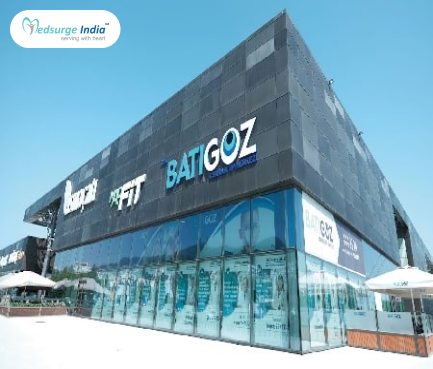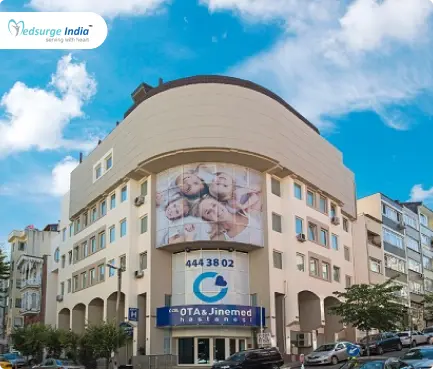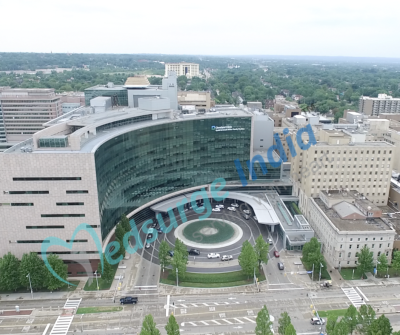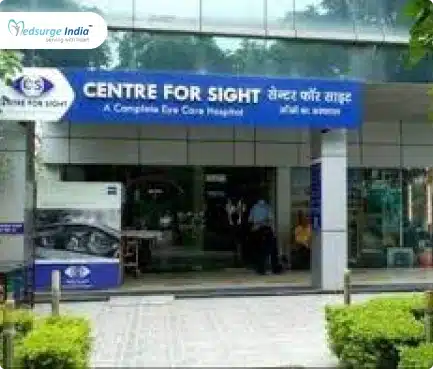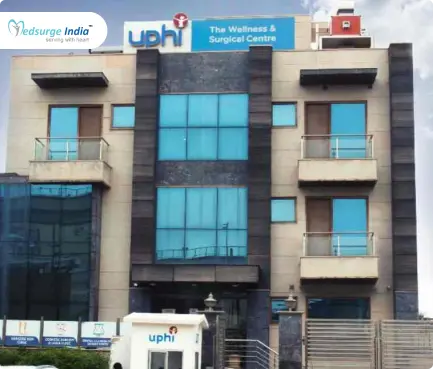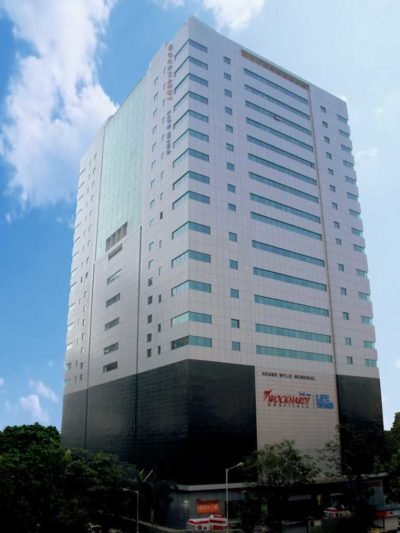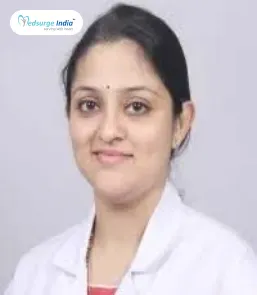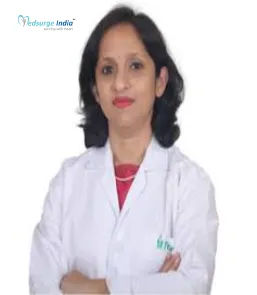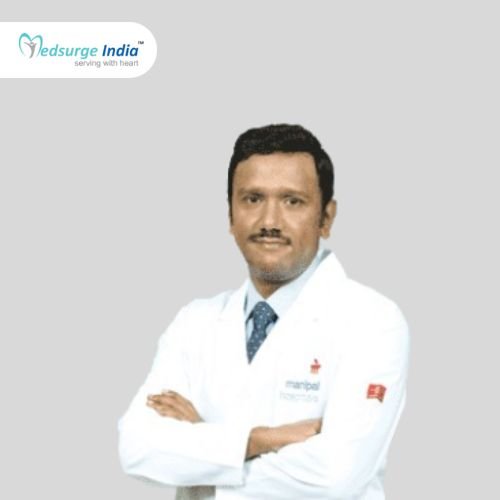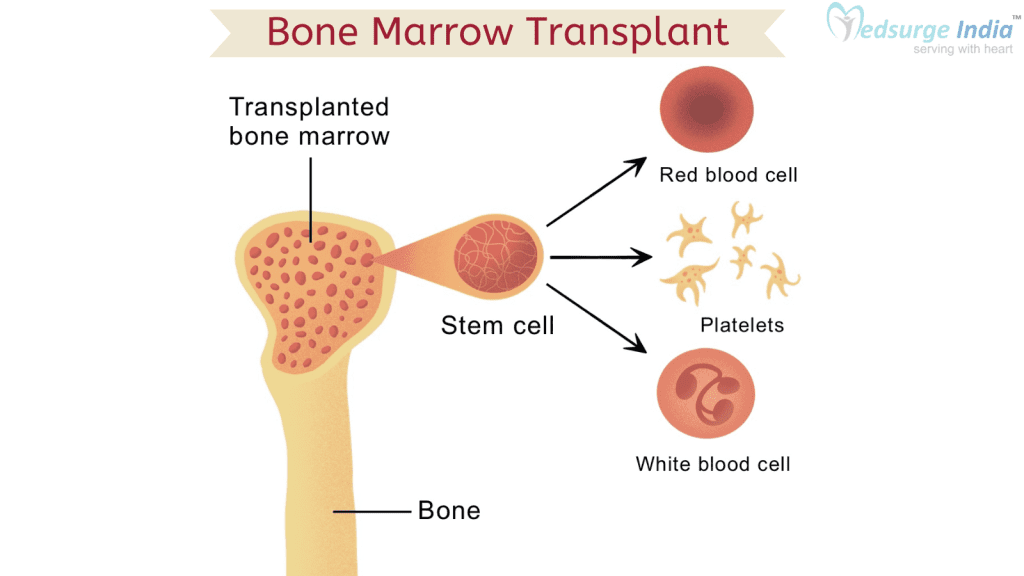
The procedure of bone marrow transplant in Bangalore is carried out in the best hospitals to replace diseased stem cells with healthy cells from a donor. Infection, cancer, or other diseases can seriously damage the bone marrow. The goal of this procedure is to replace the damaged stem cell and encourage the development of new stem cells after transplantation. A fatty, spongy tissue found inside your bones called bone marrow helps in the formation of platelets, white blood cells, and red blood cells.
Bone Marrow Transplant Cost in Bangalore is more affordable when compared to other Western countries, such as the USA. The nation is recognized for offering high-quality, affordable medical care. The greatest facilities are accessible with reasonable healthcare packages, premium medical tools, and the assurance of first-rate medical professionals for people traveling for bone marrow transplant in Bangalore
There Are Two Types of Bone Marrow Transplant
Autologous Bone Marrow Transplant:
Stem cells are harvested from the bone marrow, bloodstream, or occasionally both during this type of bone marrow transplant. A patient’s own stem cells are used in an autologous bone marrow transplant. The stem cells are extracted and stored before the patient is exposed to intense radiation and chemotherapy. The patient receives intravenous (IV) stem cell infusions again after chemotherapy.
Allogenic Bone Marrow Transplant
Stem cells from a genetically compatible donor are given during this type of bone marrow transplant procedure. Generally, a sibling or other member of the patient’s family who has the same tissue type can donate. When a close relative or sibling is not available, an attempt is made to find out an appropriately matched unrelated stem cell donor. In an allogeneic bone marrow transplant, the healthy stem cells of the donor are used to replace the unhealthy cells. It is also implied that the underlying disease will be treated with chemotherapy and radiotherapy.
Indications for Bone Marrow Transplant are
- Aplastic anemia
- Blood cancer
- Cancers that affect marrow
- Congenital neutropenia
- Damaged bone marrow due to chemotherapy
- Multiple Myeloma
- Sickle cell anemia
- Thalassemia
Why Are Bone Marrow Transplant In India More Popular As Compared with Other Nations
India’s healthcare industry has advanced significantly over the past years, as seen by the notable accomplishments it has made. One of the industries that have contributed the most to revenue and is expanding quickly is healthcare. The healthcare sector is supported by both governmental and commercial entities. Bone Marrow Transplant in Bangalore is more focused on achieving a better outcome and which can help achieve a better result without damaging any other organs.
Bone marrow transplant in Bangalore, India has improved a lot and the success rate is on par with top nations on the globe. Bangalore has access to cutting-edge medical equipment and highly qualified medical workers. The World Health Organization (WHO) and the US Food and Drug Administration support medical facilities and services. Additionally, India offers more accessible treatment options than the US and the UK without lowering the quality of healthcare. About one-fourth, less is spent on therapy in India than it is in the United States.
India has an advantage over other countries in terms of medical tourism because of the following:
- The majority of the medical professionals working in Indian hospitals have received their training at medical centers in the US, Europe, or other affluent countries.
- The majority of medical professionals speak English well.
- Many hospitals in India have access to cutting-edge medical and diagnostic technology from large international enterprises.
- The best nurses in the world come from India. Nearly 10,000 nurses are graduated each year from India’s nearly 1000 accredited nurse training programs, the majority of which are affiliated with teaching hospitals.
Bone Marrow Transplant Cost In Bangalore
Generally, the average Bone marrow transplant cost in Bangalore starts from INR 14,94,000 (USD 18,000). Bone marrow transplant cost in Bangalore is comparatively low compared with other countries. In terms of quality and standard, the level of medical care and services is comparable to that of the best hospitals in the world. Even after accounting for travel, hotel, and food expenses.
Factors That Can Affect Bone Marrow Transplant Cost in Bangalore
- Need for post-operative care.
- Hospital room classification.
- The price of treatment packages can depend on the hospital’s preference.
- Doctor’s competence and experience in the subject.
- The patient’s situation: The patient’s disease and whether additional modalities are required for comprehensive treatment.
- Duration of hospitalization and stay in the country.
For international patients visiting India, Medsurge India offers the best bone marrow transplant cost in Bangalore, under the guidance of leading medical specialists, all at an affordable price. The form for a medical visa can be found here.
Get Free Cost Estimation
Procedure
Bone Marrow Transplant In Bangalore
Before starting a bone marrow transplant in Bangalore, your doctor will first order specific tests, which are usually the most often used methods to diagnose sickle cell or leukemia. After, the test a peripheral vein is used to collect the stem cells. The entire bone marrow transplant process is similar to platelets or blood donation. The stem cells from the bone marrow are in charge of producing blood cells like platelets (thrombocytes), white blood cells (leukocytes), and red blood cells (erythrocytes), which later are injected into the patient after a short course of chemotherapy.
The donor is extremely safe during the bone marrow transplant procedure in Bangalore, which is used to treat a variety of conditions (both cancerous and non-cancerous). Furthermore, after a successful bone marrow transplant, the patient can resume a normal, healthy lifestyle in six to twelve months.
What is the Success Rate of Bone Marrow Transplant in Bangalore, India
The stage and duration of the disease, as well as the patient’s health at the time of the transplantation procedure, are frequent factors that influence the success rate of bone marrow transplants in Bangalore. If BMT is performed for thalassemia at the age of 3 years, one can anticipate a cure rate of 90%; however, if done at the age of 7 years, one can expect a cure rate of 80%. Conversely, the cure rates for refractory leukemias are lower (30% or less).
Best Hospitals for Bone Marrow Transplants in Bangalore
- Manipal Hospital (Old Airport Road) Bangalore
- Apollo Hospital (Bannerghatta Road) Bangalore
- Fortis Hospital, Bangalore (Bannerghatta Road)
Several factors that could influence the cost of a bone marrow transplant in Bangalore include:
- Surgeon Fee
- Admission Fee
- Age of the Patient
- The type of bone marrow transplant that will be carried out
- Overall Health of the Patient
- postoperative challenges that are involved
- The Type of Admission Room Patient Opted
- Any Additional Laboratory or Examination Tests, including an X-ray, an ECG, etc.
What to Look for When Choosing a Hospital For Bone Marrow Transplant in Bangalore, India
Indian hospitals that perform breast surgery and treatment are well-known for their hospitality and patient care services providing the finest hospital and hematologist in Bangalore. However, choosing a suitable hospital for treating bone marrow transplant in Bangalore can be difficult for an international patient. It is a significant decision that must be made with several factors in mind, including:
- Quality certificates and accreditations
- Hospital and transportation facility location
- Team of doctors and surgeons
- Advanced diagnostic and therapeutic equipment
- International patient assistance
How Can Medsurge India Help?
Medsurge India is a prestigious support system for patients looking for doctors, hospitals, and specialized treatments. We’ll find the most suitable medical options for you. Our team will provide you with a list of licensed, renowned, and trusted physicians and medical facilities in relation to your medical needs. Apart from that, we offer a treatment strategy that fits your budget and, we assist patients with obtaining travel authorizations, medical visas, and a multitude of other things.
The Most Important Frequently Asked Questions
Q: How Is a Bone Marrow Transplant Done?
A: Stem cells are exchanged between individuals during a bone marrow transplant. Either the bone marrow or the circulating blood cells in the peripheral system can be used to collect stem cells. stem cells from peripheral blood. Apheresis is used to collect peripheral blood stem cells (PBSCs).
Q: What Are the Advantages of Bone Marrow Transplants?
A: By replacing or rescuing the bone marrow damaged by the treatment, a bone marrow transplant may be used to Safely permit treatment with high doses of chemotherapy or radiation. Replace dysfunctional bone marrow with fresh stem cells. Provide fresh stem cells, which can directly combat cancer cells.
Q: Is a Bone Marrow Transplant Worth It?
A: For people with diseases like lymphoma or leukemia, or when aggressive cancer treatment has damaged blood cells, bone marrow transplants can be lifesaving procedures. A transplant of this type can be laborious, and the healing process can be drawn out.
Q: How Does Life Change Following a Bone Marrow Transplant?
A: You’ll initially need to visit your transplant team frequently, perhaps even every day, but if everything goes well, you’ll eventually need fewer visits. For blood counts to approach normal and for your immune system to function properly, it may take 6 to 12 months or even longer.
Q: Can Leukemia Be Cured by a Bone Marrow Transplant?
A: In the majority of patients with acute myelogenous leukemia (AML) in the first remission, bone marrow transplantation from an HLA-identical sibling is successful in curing leukemia. It is widely believed that the effectiveness is related to the high doses of medication and radiation that are given prior to transplantation.
Top Hospitals for Bone Marrow Transplant In Bangalore
Top Doctors for Hematology
Dr. Mahesh Rajashekaraiah
Head of Department
Experience: 14 years of experience
Sparsh Hospital (Yeshwanthpur) Bangalore
Bangalore, India
Dr. Mallikarjun Kalashetty
Consultant
Experience: 15 years of experience
Manipal Hospital (Old Airport Road) Bangalore
Bangalore, India
Dr. Shobha Badiger
Consultant
Experience: 18 years of experience
Rajarajeshwari Medical College, Bangalore
Bangalore, India
Dr. Sunil Udgire
Consultant
Experience: 10 years of experience
Sparsh Hospital (Yeshwanthpur) Bangalore
Bangalore, India
Dr. Kishore Kumar S
Senior Consultant , MBBS, DM, MD
Experience: 14 years of experience
Chennai , India
Dr. Anand Kumar K
Consultant
Experience: 10 years of experience
Sparsh Hospital (Yeshwanthpur) Bangalore
Bangalore, India
Dr. Ashish Dixit
Consultant
Experience: 26 years of experience
Manipal Hospital (Old Airport Road) Bangalore
Bangalore, India
Dr. Neema Bhat
Consultant
Experience: 13 years of experience
BGS Gleneagles Global Hospitals, Bangalore
Bangalore, India
Dr. Nataraj KS
Consultant
Experience: 14 years of experience
Sri RL Jalappa Hospital & Research Centre, Tamaka
Bangalore, India
Dr. Satish Kumar A
Consultant
Experience: 24 years of experience
Manipal Hospital Formerly Columbia Asia Referral Hospital, Bangalore (Yeshwanthpur)
Bangalore, India
Dr. Sachin Suresh Jadhav
Head of Department
Experience: 18 Years
HCG Cancer Centre, Bangalore
Bangalore

